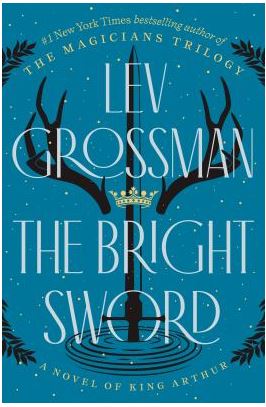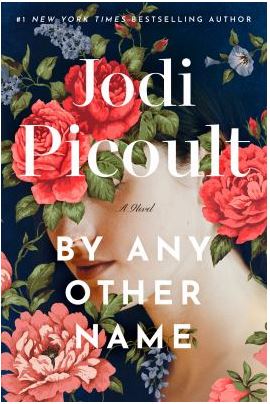
A gifted young knight named Collum arrives at Camelot to compete for a place at the Round Table, only to find that he’s too late. King Arthur died two weeks ago at the Battle of Camlann, and only a handful of the knights of the Round Table are left.
The survivors aren’t the heroes of legend like Lancelot or Gawain. They’re the oddballs of the Round Table, like Sir Palomides, the Saracen Knight, and Sir Dagonet, Arthur’s fool, who was knighted as a joke. They’re joined by Nimue, who was Merlin’s apprentice until she turned on him and buried him under a hill.
But it’s up to them to rebuild Camelot in a world that has lost its balance, even as God abandons Britain and the fairies and old gods return, led by Morgan le Fay. They must reclaim Excalibur and make this ruined world whole again–but first they’ll have to solve the mystery of why the lonely, brilliant King Arthur fell.
The first major Arthurian epic of the new millennium, The Bright Sword is steeped in tradition, complete with duels and quests, battles and tournaments, magic swords and Fisher Kings. It’s also a story about imperfect men and women, full of strength and pain, trying to reforge a broken land in spite of being broken themselves.
And could Shakespeare’s works have been written by a woman?…

Young playwright Melina Green has just written a new work inspired by the life of her Elizabethan ancestor Emilia Bassano. But seeing it performed is unlikely, in a theater world where the playing field isn’t level for women. As Melina wonders if she dares risk failure again, her best friend takes the decision out of her hands and submits the play to a festival under a male pseudonym.
In 1581, young Emilia Bassano is a ward of English aristocrats. Her lessons on languages, history, and writing have endowed her with a sharp wit and a gift for storytelling, but like most women of her day, she is allowed no voice of her own. Forced to become a mistress to the Lord Chamberlain, who oversees all theatre productions in England, Emilia sees firsthand how the words of playwrights can move an audience. She begins to form a plan to secretly bring a play of her own to the stage–by paying an actor named William Shakespeare to front her work.
Told in intertwining timelines, By Any Other Name, a sweeping tale of ambition, courage, and desire centers two women who are determined to create something beautiful despite the prejudices they face. Should a writer do whatever it takes to see her story live on . . . no matter the cost? This remarkable novel, rooted in primary historical sources, ensures the name Emilia Bassano will no longer be forgotten.



